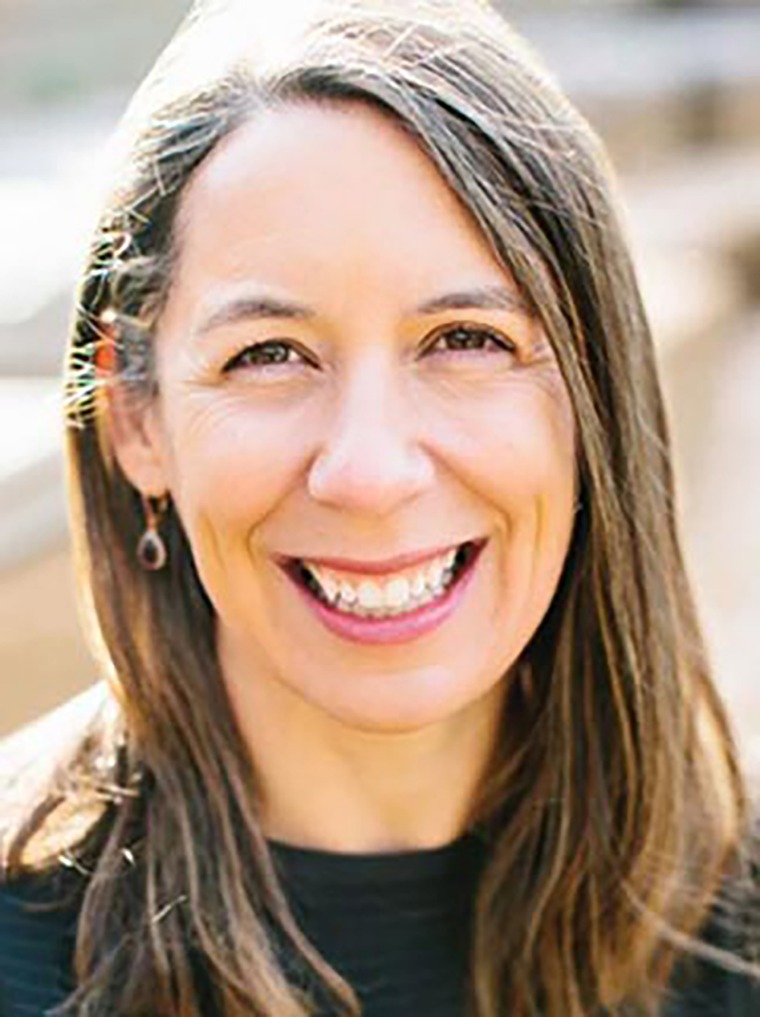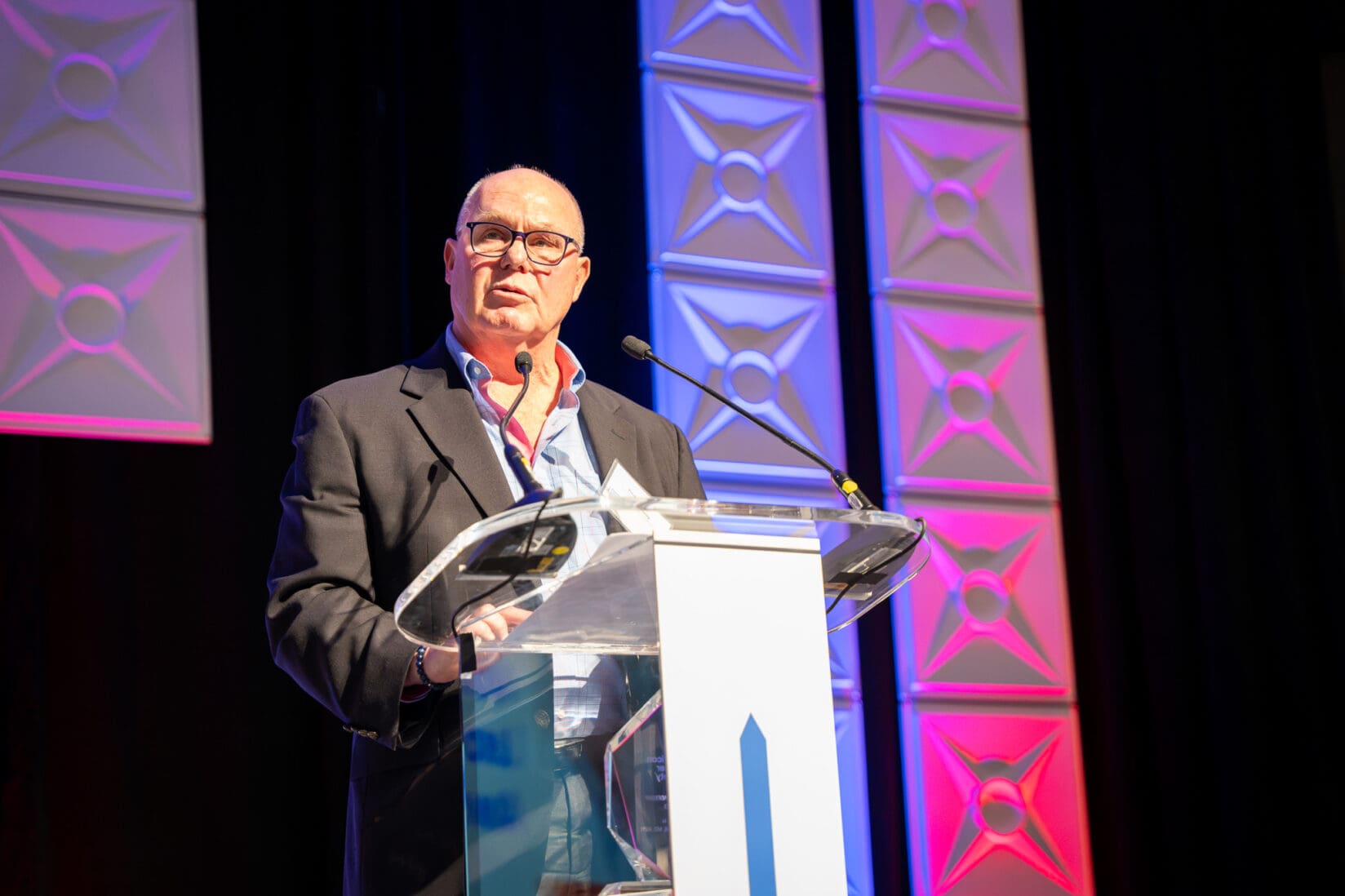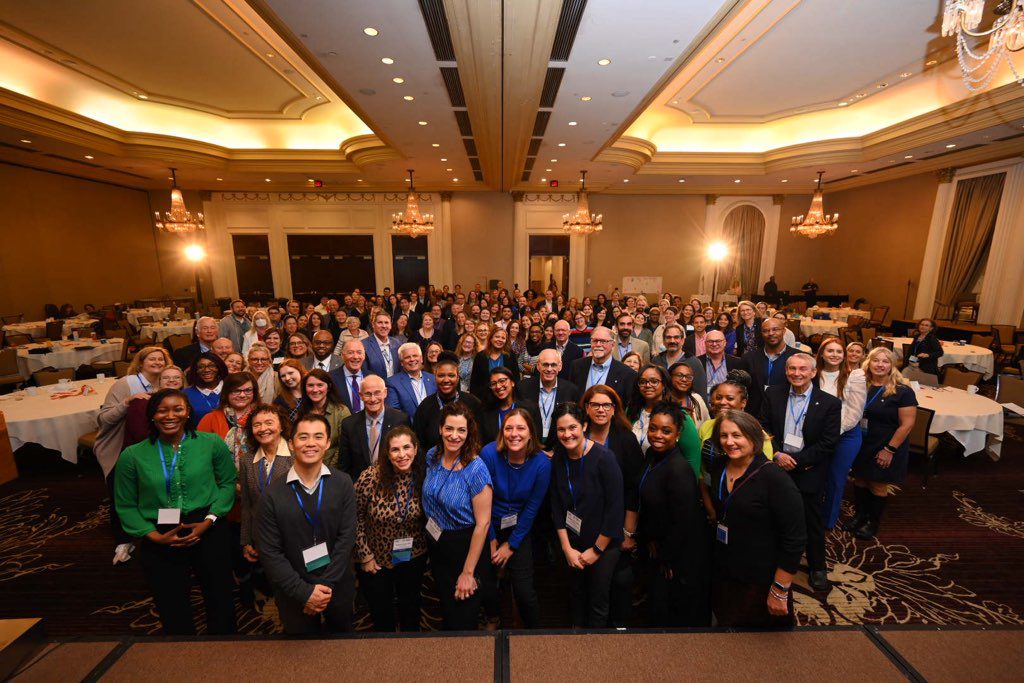Colon Cancer Survivor Becomes Activist
Story of Hope
By Stacy Simon
Article date: February 26, 2015
Grace L. Butler, PhD, has received dozens of honors and awards, met with President George W. Bush, and even thrown out the first pitch as Hometown Hero at a Houston Astros game, all in recognition of her work to increase access to colon screening tests in Harris County, Texas, and reduce colon cancer deaths. But she didn’t set out to be an activist. Butler’s avocation began one Saturday in 1999 when she was 60 years old and experienced unbearable pain in her side. Two days later, she was diagnosed with stage III colon cancer.
According to Butler, when she received the news, she smiled before she cried. She’d known for months that something was very wrong with her, but she just couldn’t put her finger on it. Once she had a diagnosis, as serious as it was, she knew what she was up against and she was determined to survive. She turned to her local American Cancer Society office and to the website cancer.org for information and support.
“I had an insatiable appetite. I needed to know what was going on, what was happening to me, what was available, and how I should be treated,” said Butler. “I was tantamount to a person who is drowning. I was going down for the third time and American Cancer Society was the lifeline that provided a wealth of information about the disease and its treatment.”
Called to serve
Butler’s treatment included surgery to remove a tumor in her colon followed by 8 months of chemotherapy. Most of the time, she tolerated the treatment well with few side effects, but one day of her recovery stands out. She was so weak and sick, it took her all day to work up the strength to get out of bed for a glass of water.
“On this day I cried out to God, ‘Lord what do you want me to do for you with this challenge in my life?’ and it was as though he entered my room and spoke, and the message was, ‘Go forth and serve my children who have been touched by cancer.’”
Once Butler felt stronger, she began a cancer ministry through her church. With help from the local American Cancer Society office and the University of Texas MD Anderson Cancer Center, the ministry held educational workshops about cancer that were open to anyone in the community.
Word spread about Butler’s mission and she was invited to serve on a panel in Houston that included legislators and doctors. At a press conference in 2000, the panel announced March as Colon Cancer Awareness Month. After the press conference, the vice-president of MD Anderson Cancer Center asked Butler to serve on a statewide planning committee to develop a strategic plan to address colon cancer in Texas.
Hope Through Grace
The planning committee met for about a year. At one meeting, a key leader of a major hospital announced it no longer had the resources to continue a patient navigation program for underserved communities. The program would have to end. Butler asked what would happen to people who relied on the program for medical care and a doctor told her they could die.
“I left that room with tears in my eyes and a lump in my throat. I said, ‘Somebody’s got to do something about this,’” said Butler. “I was only a survivor. I didn’t know doctors or community activists. But the tape in my head would not stop playing. As time went on, I remembered God’s answer to my prayer; I realized I was the one who must do something. You have to be a brave soul to step into this river of water when you don’t know how to swim, and I didn’t know how to swim. I got about 4 or 5 people together in my kitchen and that’s how we started Hope Through Grace.”
Hope Through Grace is a nonprofit organization dedicated to eliminating colon cancer through prevention and early detection. They offer workshops, seminars, and other education programs to teach people how to lower their risk for colon cancer. They also help pay for colonoscopies for people who can’t afford them. Their target population is anyone who is at risk and has not been screened, but their primary focus is the working poor.
A purpose in life
Butler says that although she’d never wish to get cancer, and doesn’t want it again, the experience has given her life added meaning.
“Having cancer gave me another purpose in life, a purpose of serving, counseling, advising,” said Butler. “I am on a mission. I have been so wonderfully blessed as a consequence of getting cancer. It gave me a way of claiming my true selfhood. I have always been a person to look out for those who needed an extra hand. Cancer has allowed me to be there for people who had no other place to go.”
She has served on many boards, committees and an advisory panel to the Director of the National Cancer Institute. And she’s been named a Purpose Prize Fellow. The Mayor of Houston awarded Butler a proclamation and designated March 4, 2014 as Grace L. Butler Day in the City of Houston. It happened to fall not only during Colon Cancer Awareness Month, but also on Butler’s birthday.
We Highlight Successes, Leaders, Best Practices, And Tools That Are Making An Impact In The Nationwide Movement To Reach 80% Screened For Colorectal Cancer.
Do you have a suggestion for a future blog topic? We welcome you to share your suggestions by emailing [email protected].
Blog Policy
Opinions expressed in these blog posts are that of the author and do not represent policies of the National Colorectal Cancer Roundtable or the author’s institution.
Our staff moderate all comments on the 80% Blog. While we do not censor based on point of view, we will delete or edit comments that are offensive or off topic. Click here to view full version.
© 2024 American Cancer Society National Colorectal Cancer Roundtable. All rights reserved.


